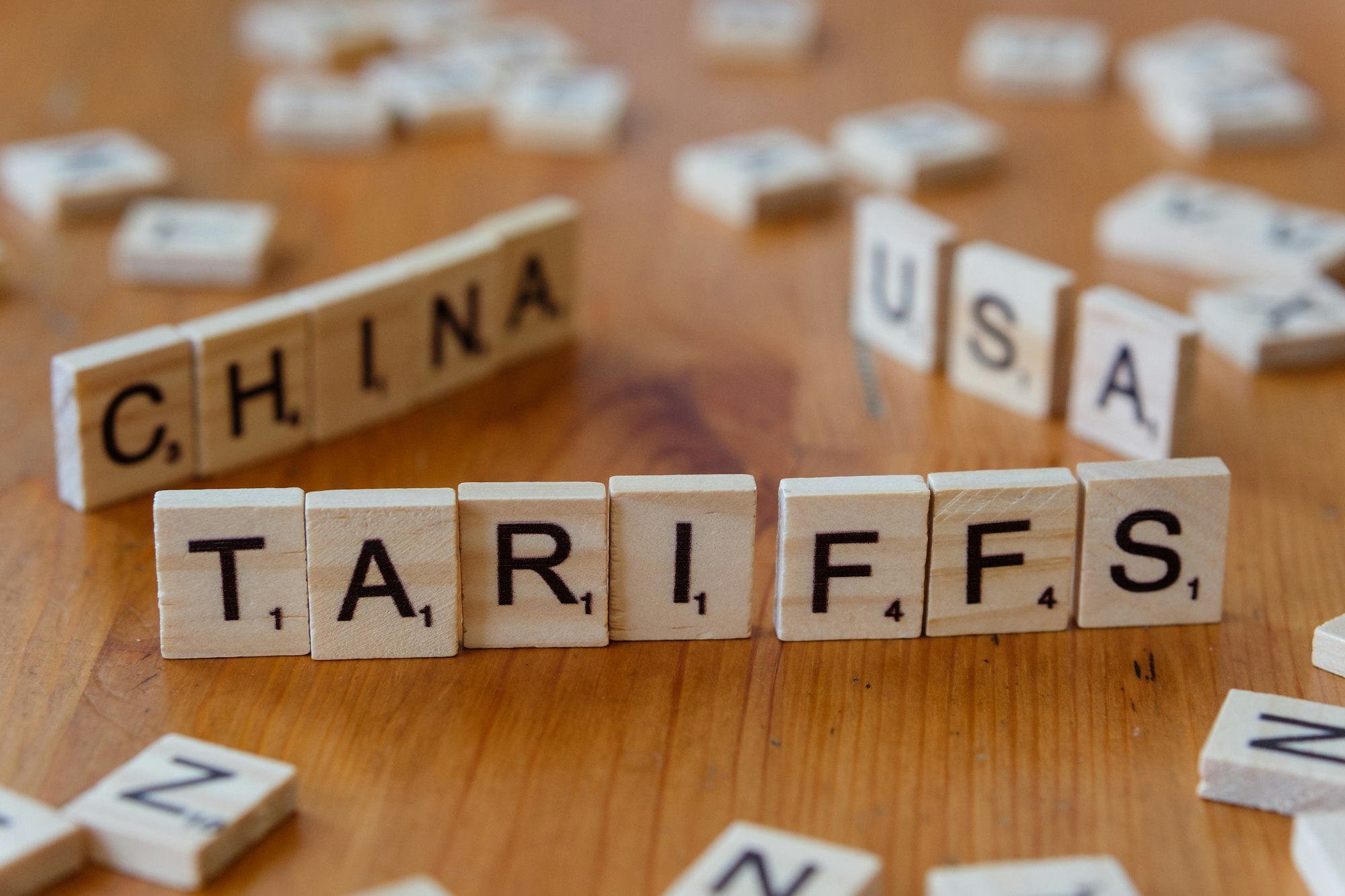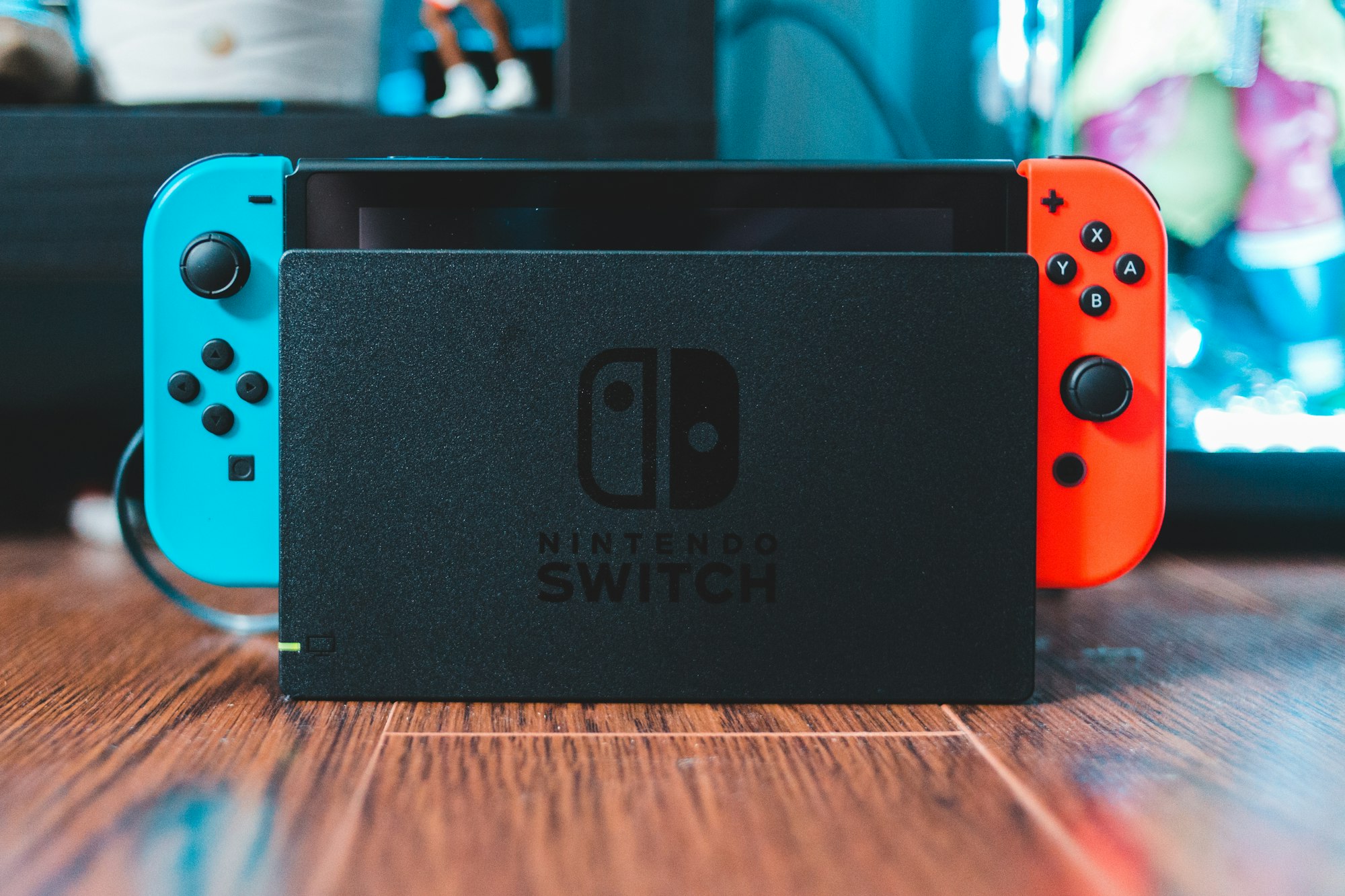Tariff chaos eases as electronics get a surprise reprieve from the U.S. government
The change applies to electronic products entering the country or pulled from warehouses starting April 5.
If you've been bracing for a spike in the price of iPhones, laptops, or gaming PCs, there's some good news. A last-minute policy shift means electronics are dodging the worst of the new tariffs and now have some breathing room—at least for now.
Earlier this month, the U.S. government imposed steep tariffs on imports from several countries, including a punishing 145% rate on goods from China. Most nations got a 90-day delay. China didn’t. And that mattered since it's where tech giants like Apple, Nvidia, and Dell do most of their manufacturing.
It didn’t take long for the ripple effects to show. Analysts warned of price hikes on smartphones, PC parts, and gaming gear that are sourced from China. Nintendo paused pre-orders for its upcoming Switch 2 gaming console, and other tech brands like Razer and Framework began adjusting their sales strategies.
Between the headlines and analyst warnings, the idea that electronics, everything from iPhones to gaming consoles, were about to get a lot more expensive felt like a done deal.
But then came the relief. The U.S. announced a list of electronics—including phones, laptops, processors chips, memory chips and semiconductor manufacturing equipment—would now be exempt from both the 125% tariff on goods from China, as well as the universal baseline tariff.
This covers products entering the U.S. or leaving bonded warehouses as of April 5, which means shipments already en route could still make it to shelves without forcing a price jump.
Although other tariffs, such as the previous 20% tariff on Chinese goods, would presumably still apply, this marks a huge relief for companies like Apple, HP, Dell, and Microsoft, all of which rely heavily on Chinese manufacturing.
For Apple in particular, which assembles nearly 90% of its iPhones in China, reports noted that it had just six weeks of inventory in the U.S. before supply would've started tightening. Without this exemption, a price surge was likely inevitable.
There’s also a win here for Asian chipmakers like Taiwan’s TSMC and South Korea’s Samsung and SK Hynix, which produce much of the world’s chip supply.
While the immediate crisis has been avoided, whether this is a long-term fix is anyone’s guess. Bloomberg reports talks of a separate tariff structure targeting electronics more precisely, which could bring the drama right back. For now, though, prices should stabilize, assuming no more sudden policy shifts.











